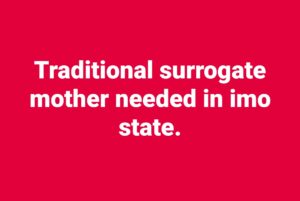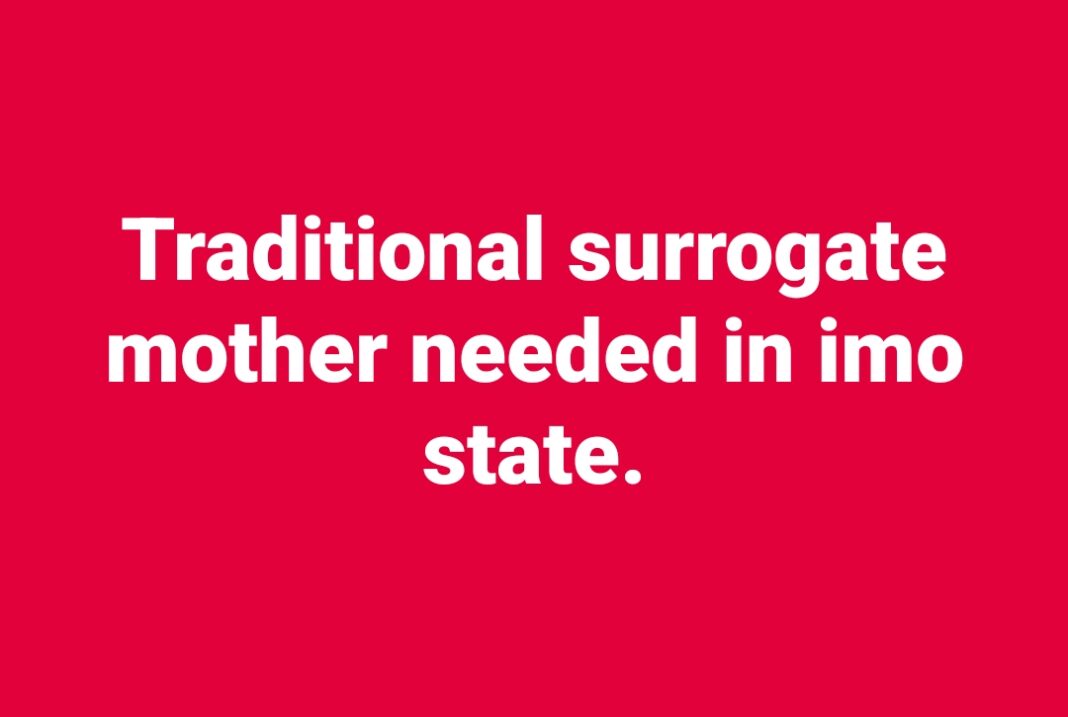Surrogacy in Nigeria issues and challenges
#SURROGACYINNIGERIA: CHOICE or EXPLOITATION???
I’m not usually one to follow headlines or viral conversations. But every so often, a topic comes up that intersects so closely with the work I do- Law, Tech, Health, Ethics that it would be a disservice to stay silent.
The surrogacy debate currently trending in Nigeria touches something deep and complex which was interestingly one of my research reports during my Health Law PostGrad and I’ve decided to share the thoughts I’ve been sitting on these few days.
For context, if you haven’t followed the story, much of the outrage stems from a well-known content creator who said she has chosen to use a surrogate despite having no fertility issues.
Many felt this was insensitive even exploitative especially considering the financial vulnerability of many women who become surrogates.
I understand the anger. I truly do. But here’s the thing:
Surrogacy isn’t black or white. There’s a shade called grey.
Yes, there are risks, ethical concerns, exploitation, commercialization.
But there are also stories of hope of families made whole, of women finding purpose, of lives changed.

This is why I worry when people support the proposed blanket ban on commercialised surrogacy in Nigeria.
Because law must be contextual, not emotional. And regulation must be thoughtful, not reactive.
Instead of shutting the door, can we:
• Craft legal protections for all parties involved?
• Address ethical grey areas with care, not condemnation?
• Use policy and tech to safeguard dignity and fairness?
Approaching this conversation with compassion and curiosity allows us to hold space for these three truths at the same time👇🏽
🟣 Surrogacy can be exploitative, especially in a system where poverty is weaponised and protections for surrogates are weak or nonexistent.
🟣 Personal autonomy matters; a woman choosing not to carry a pregnancy (even if medically able) may still have valid reasons, including mental health, trauma, career, or bodily autonomy.
🟣 The bigger issue is not the choice, but the system. The lack of a strong legal and ethical framework is what makes surrogacy vulnerable to misuse, not the act of surrogacy itself.
If we are going to have a real conversation, we must move past moral panic and look at the infrastructure or lack thereof.
The World Health Organisation statistics show that in Nigeria:
1 in 6 couples face infertility.
Demand for IVF and surrogacy is growing.
YET….
We still lack a comprehensive legal and regulatory framework to govern Assisted Reproductive Technologies (ARTs).
So whilst it may alright to criticise any perceived insensitivity and share our opinions, here is a more important route-
Let’s demand for comprehensive policies that ensure respect/ protection for surrogates and challenges exploitation.
Banning commercial surrogacy without addressing poverty, legal voids, or access to care doesn’t fix the problem. It hides it.
Someone’s life might be forever transformed positively or painfully by what this reality represents and it is wisdom to pause and think!
At #DigitallyHealthy, these are exactly the kinds of conversations we’re looking to spark:
📍 With policymakers
📍 With advocacy groups
📍 With health professionals
📍 And with everyday people navigating complex choices in a digital and globalised world
If you’d like to read my article from my Health Law postgraduate research on the topic-
“Humanity is sleepwalking into the undermining of its own natural form”
I would be happy to share it and exchange thoughts.
Author:
Favour Adaeze Orji Ibekwe
























